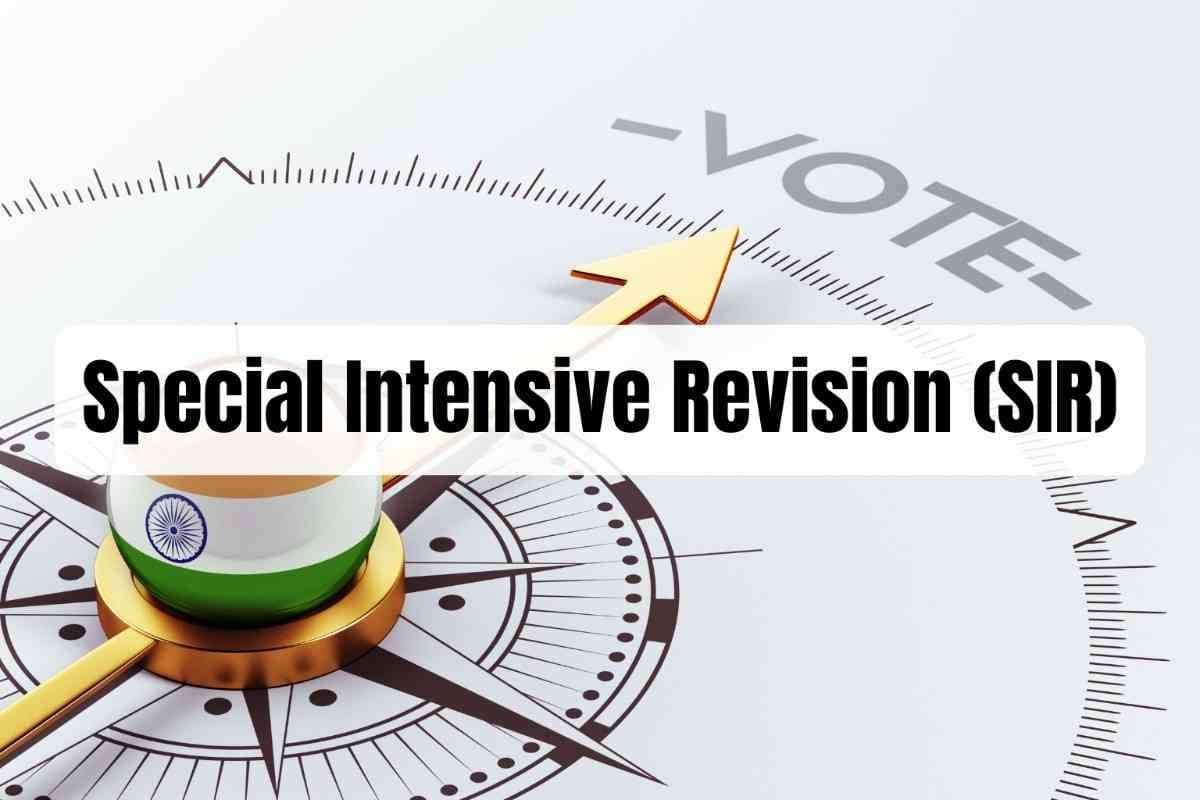Famous Personalities - Mahatma Jyotirao Phule
Feb, 2025
•2 min read
Introduction
Mahatma Jyotirao Phule was a revolutionary social reformer, educator, and thinker who laid the foundation for the upliftment of marginalized groups in 19th-century India. His relentless efforts to eradicate caste-based inequalities, empower women, and promote education remain a guiding light for modern policies and practices. Phule’s progressive ideas, rooted in equality and justice, continue to influence India’s journey toward social reform and inclusive development.
Educational Reforms
- Compulsory Education Advocacy: Phule insisted on free and compulsory education for children up to 12 years, a precursor to modern educational policies.
- Pioneering Women’s Education: He established the first girls' school in Pune in 1848, managed by his wife, Savitribai Phule.
- Vocational Education: Phule advocated for skill-based education to make students employable and self-reliant.
- Three-Language Formula: He suggested that education include the mother tongue, Hindi, and English, a concept later adopted by independent India.
- Inclusive Curriculum: Phule emphasized that education should not perpetuate caste biases but should promote equality and enlightenment.
Women’s Empowerment
- Marriage as a Contract: Phule challenged patriarchal norms by promoting the idea of marriage as a social contract rather than a sacrament.
- Support for Widows: He opened an orphanage for pregnant widows, providing them with dignity and shelter in a society that ostracized them.
- Advocating Women’s Rights: Phule believed in gender equality and fought against practices like child marriage and the prohibition of widow remarriage.
- Education for Women: Phule viewed education as a tool to emancipate women from patriarchal oppression.
- Critique of Patriarchy: He opposed the rigid roles assigned to men and women in traditional society, advocating for their equal status.
Relevance of Phule’s Ideas in Modern India
- Influence on Constitution: His ideas on equality, social justice, and education resonate with the Indian Constitution’s core principles.
- Educational Policies: Modern policies like the Right to Education Act and the New Education Policy (NEP) 2020 reflect Phule’s advocacy for inclusive and vocational education.
- Gender Equality: Phule’s work inspires ongoing movements for women’s empowerment and gender justice.
- Social Empowerment Programs: Schemes like Beti Bachao Beti Padhao and welfare programs for Dalits align with Phule’s vision.
- Continued Relevance: His emphasis on eradicating casteism and promoting equality remains critical for India’s progress toward a just society.
Conclusion
Mahatma Jyotirao Phule was a pioneer whose visionary reforms laid the groundwork for an equitable society. His relentless pursuit of social justice, advocacy for education, and empowerment of marginalized groups continue to inspire India’s socio-political landscape. In today’s context, where inclusivity and equality are paramount, Phule’s principles offer a timeless blueprint for fostering a progressive, harmonious, and egalitarian society.
Related Blogs
![Vijay Diwas 2025: Why 16 December is Celebrated [UPSC Current Affairs]](/_next/image?url=https%3A%2F%2Fblog-media.superkalam.com%2FVijay_Diwas_2631842d69.jpeg&w=3840&q=75)
Vijay Diwas 2025: Why 16 December is Celebrated [UPSC Current Affairs]
Dec, 2025
•6 min read

Special Intensive Revision (SIR) of Electoral Rolls: Definition, Objectives, Significance, & Challenges
Dec, 2025
•4 min read

UNICEF Day 2025: 79 Years of Global Commitment to Child Rights & Protection
Dec, 2025
•4 min read